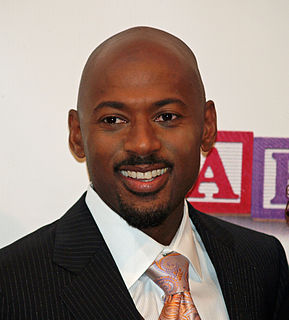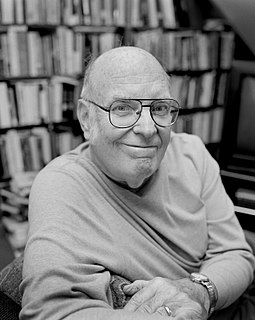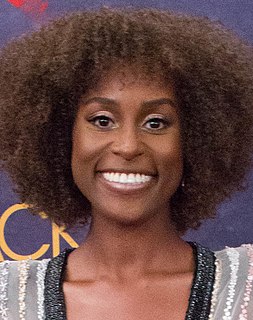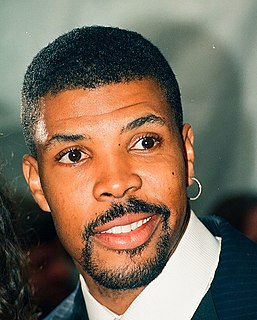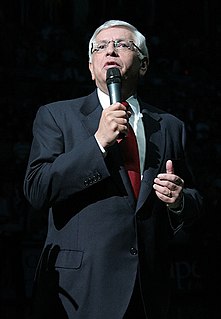A Quote by Kevin Hart
Here's the thing. We do a movie with a predominantly black cast, and it's put in a category of being a black film. When other movies are done with a predominantly white cast, we don't call them a white film. I'm trying to remove the stigma off things they call black films.
Related Quotes
I've been on predominantly 'white' shows before, and I had also been on predominantly 'black' shows. I would complain that when I was on a white show, they would only hire me because there was a black character or they needed a black voice. But then I would be mad if they went and hired a white dude in my position.
When you're doing a film and the majority of the film is cast black, for me, it's most important to get people to view those movies as just movies, as just good movies. At the end of the day, regardless of the color of the cast, we're all doing the same thing in this business: trying to make a good film.
I've never seen a sincere white man, not when it comes to helping black people. Usually things like this are done by white people to benefit themselves. The white man's primary interest is not to elevate the thinking of black people, or to waken black people, or white people either. The white man is interested in the black man only to the extent that the black man is of use to him. The white man's interest is to make money, to exploit.
I think that just because the show is titled 'Awkward Black Girl' and it is a predominantly black cast doesn't mean that you shouldn't be able to relate to these people. We're all human beings. We all essentially go through the same things when it comes down to it, so I don't I think that should limit who watches it.
I managed to get a short film with Channel 4 Films. I cast a young actor who'd done a bit of television before, a young actor called Ewan McGregor. That was very first thing. This writer had won this competition, and I made this little short, black and white movie. I think for both Ewan and I it was the start of our careers.

